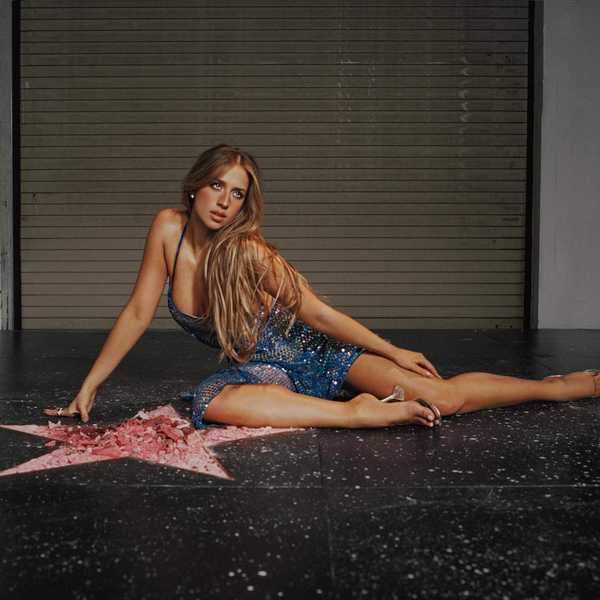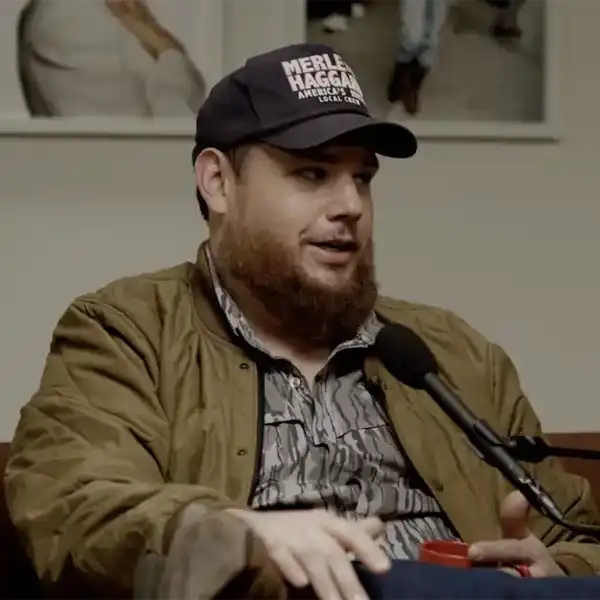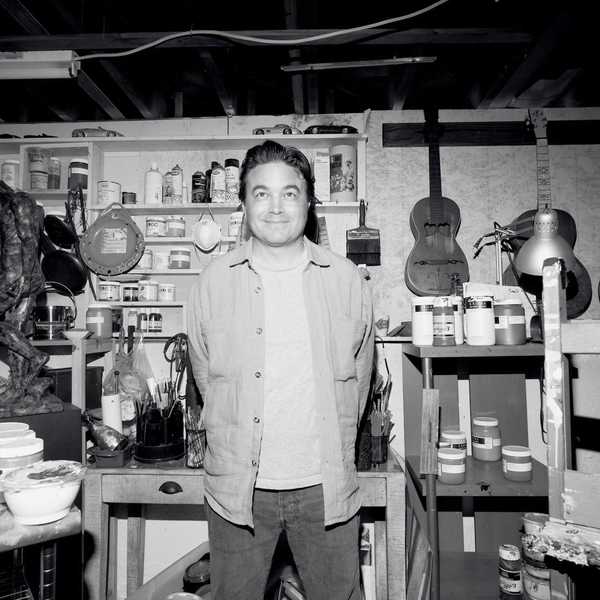Dua Lipa Calls for Immediate Ceasefire in Gaza: ‘Burning Children Alive Can Never Be Justified’
"Please show your solidarity with Gaza," the pop star wrote.

Dua Lipa at the 66th Annual GRAMMY Awards held at Crypto.com Arena on Feb. 4, 2024 in Los Angeles, California.
Amid Israel’s intensifying military operations in the southern Gaza city of Rafah — where dozens of Palestinian civilians have reportedly been killed in the past few days — Dua Lipa is once again calling for an immediate and permanent ceasefire.
On Tuesday (May 28), the pop star shared an Artists for Ceasefire graphic with the hashtag “#AllEyesOnRafah” on her Instagram Story and wrote, “Burning children alive can never be justified.”
“The whole world is mobilising to stop the Israeli genocide,” Lipa added. “Please show your solidarity with Gaza.”
The “Levitating” musician’s post comes on the heels of Israel’s recent bout of shelling and airstrikes west of Rafah, which killed at least 37 people between Monday and Tuesday. Many of those civilians had already been displaced from their home territories as a result of Israel’s ongoing war against Hamas, which has now killed a total of 36,000-plus Palestinians since October, according to The Associated Press.
More displaced Palestinians were also killed Sunday when strikes in the same area triggered a deadly fire that engulfed parts of a refugee camp, something Israeli Prime Minister Benjamin Netanyahu has since called a “tragic mishap.” Israeli leaders have reportedly argued that the violence in Rafah is crucial to ensuring Hamas’ return of the hostages taken in the Oct. 7 attacks, which marked the initial trigger of the country’s soon-to-be eight-month war against the terrorist group.
Lipa’s statement is the latest example of the pop star advocating on behalf of the Palestinian people amid the conflict. A few weeks after the Oct. 7 attacks, she was one of many stars to sign an Artists for Ceasefire open letter urging President Joe Biden to call for peace in Gaza. Three months later, she got candid about her stance on the war in her January Rolling Stone cover story.
“My existence is kind of political, the fact that I lived in London because my parents left from the war,” she told the publication at the time, referencing her Albanian heritage. “I feel for people who have to leave their home. From my experience of being in Kosovo and understanding what war does, no one really wants to leave their home. They do it for protection, to save their family, to look after the people around them, that kind of thing, for a better life. So I feel close to it.”
“My feelings on displaced people [are] very real and raw,” she added at the time. “It is a difficult subject to speak about because it’s so divisive.”

















